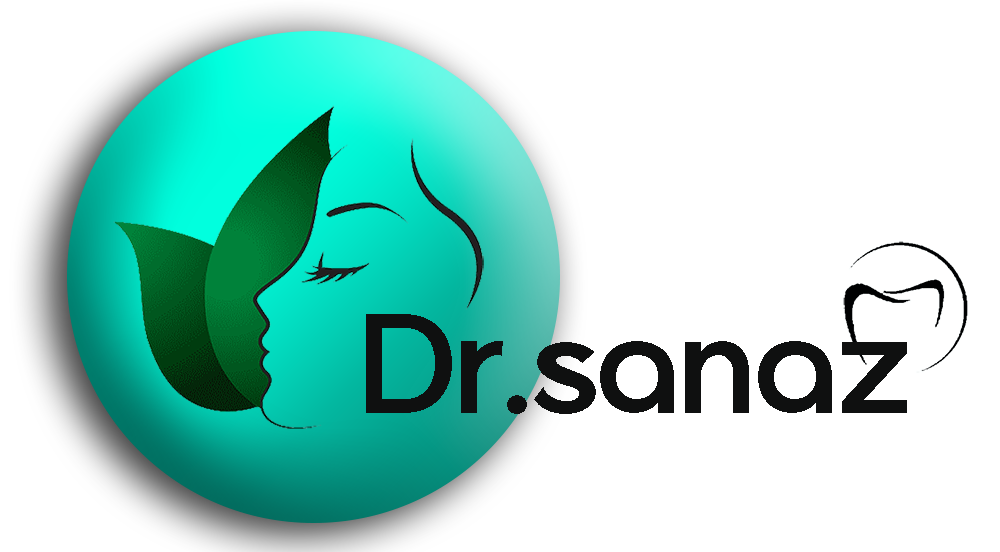

How To Cure Swollen Gums – Home Remedies
Swollen gums can occur for various reasons, although it can usually be a symptom of gum disease. It is essential to identify the cause of the swelling so you can take the right action – either take care of your gums at home and use remedies for swollen gums or make an appointment with the dentist.
You can do several things at home to help prevent or treat swollen gums. Including:
Table of Contents
Saltwater for gingivitis, as a common and recommended behavior
Salt is a natural disinfectant, and using salt water can be very helpful in healing inflamed gums. Salt water reduces gum pain, removes food particles from the mouth, and helps eliminate bad breath by killing bacteria. The best saline solution is 1/2 to 3/4 teaspoons of salt in lukewarm water. This solution is recommended two to three times a day for 30 seconds each time. Excessive or long-term use of this method may adversely affect tooth enamel and cause tooth erosion.
what to do to prevent or treat swollen gums at home?
If using salt is not effective in reducing inflammation, you can use homemade mouthwashes and home remedies for swollen gums :
1- lemongrass mouthwash
Dilute two to three drops of lemongrass oil in a cup of water and swish the solution in your mouth for 30 seconds. You can do this two to three times a day. Studies show that this mouthwash is more effective than chlorhexidine in reducing plaque and gum inflammation, and it is better to use it significantly diluted first to prevent irritation of swollen gums.

2- Aloe vera mouthwash
This mouthwash is as effective as chlorhexidine in reducing plaque and remedies for swollen gums. Aloe vera juice is not diluted and must be used with 100% purity. This solution is recommended two to three times a day for 30 seconds each time. Of course, if you are allergic to aloe vera, you should not use this mouthwash.
3- Tea tree oil mouthwash
To use tea tree oil mouthwash, add three drops of tea tree oil to a cup of warm water and keep the solution in your mouth for 30 seconds. In addition, you can add a drop of this oil to your toothpaste when you brush your teeth. It is better to use its very diluted solution for the first time because its high concentration may cause an allergic reaction, mild burning, or scratching on the gums.
4- Sage mouthwash
Sage mouthwash significantly reduces plaque-causing bacteria and is helpful for remedies for swollen gums. To use this mouthwash, boil one to two cups of water and add two tablespoons of fresh sage or one teaspoon of dry sage to the water and let it brew for 5 to 10 minutes. After straining and cooling the solution, you can use this solution to rinse your mouth two to three times a day. Sage has antibacterial and anti-inflammatory properties that help improve remedies for swollen gums and treat the infection.
Related “Tooth Infection Swelling“

5-Coconut oil
Coconut oil contains lauric acid and anti-inflammatory and antimicrobial properties, and its use reduces plaque and gingivitis symptoms. You can swish one to two teaspoons of coconut oil in your mouth for 20 to 30 minutes. Then remove the oil from your mouth, wash your mouth with water, drink a glass of water and brush your teeth.
If you keep the oil in your mouth for a long time, you can do this for less time and more times during the day, and be careful not to let the oil hit the back of your throat because it contains toxins and oral bacteria.
Related: “Treatment Of Tooth Infection Swelling“
6- Cloves
Cloves have antiviral and antioxidant properties that help reduce gum inflammation and relieve pain. To use cloves, grind about a teaspoon and gently place a damp cotton ball dipped in cloves on your gums. Doing this for a minute is better, and then rinse your mouth with water.
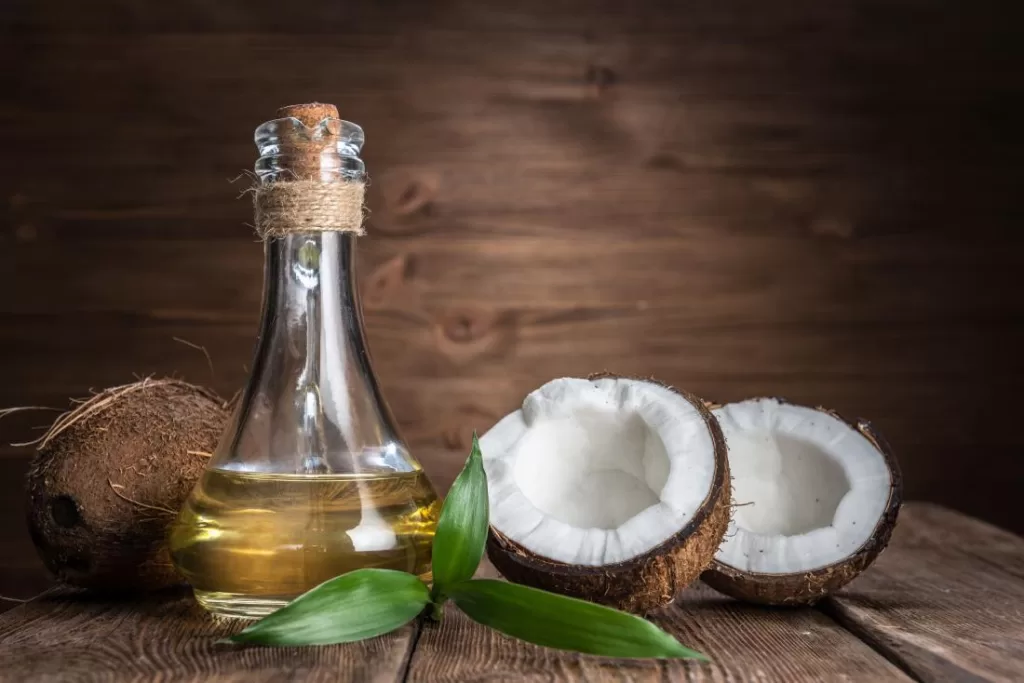
7- Turmeric or curcumin gel
Turmeric, with its anti-inflammatory properties, effectively reduces remedies for swollen gums. In addition, its antimicrobial and anti-fungal properties help to improve the bleeding and redness of the gums. Turmeric gel, named curcumin, Curcuma, is available in pharmacies. This gel can be used twice daily for 10 minutes each time.
Cu, the main ingredient of turmeric, has many antioxidants, astringent, anti-inflammatory and antimicrobial properties. These properties can be used in treating, managing and preventing periodontal diseases, such as remedies for swollen gums. Turmeric may help reduce gum swelling when used topically as part of an oral gel. It has been found that turmeric mouthwash has similar properties to chlorhexidine gluconate mouthwash.
Note: Despite these benefits, it is always recommended to consult your doctor before using turmeric in your regular oral hygiene routine.
8- Use baking soda.
Baking soda can help prevent gum disease. Because baking soda is an alkaline agent that can help reduce the acidity in your mouth, provided it is used properly. It is also a natural antiseptic that may help reduce the risk of tooth decay, gum disease, and oral infections.
Make a mouthwash by adding a few drops of warm water to a small amount of baking soda. Apply it on the swollen gums for a few minutes, then rinse your mouth with water.
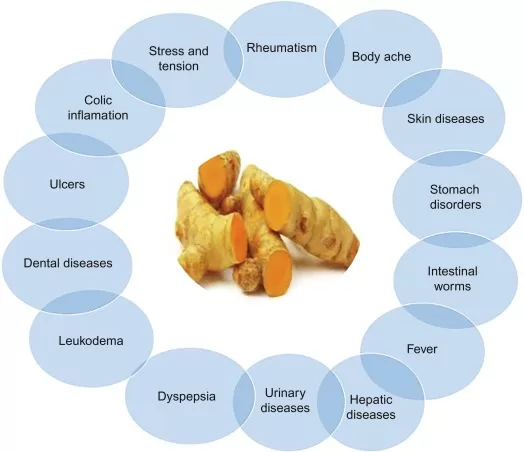
9- Chew guava leaves.
Guava leaves may exhibit antioxidant, anti-inflammatory, antimicrobial, and pain-relieving properties. You can chew a few guava leaves directly to treat with this plant. Alternatively, grind guava leaves, paste, and brush your teeth.
10- Rinse your mouth with apple cider vinegar.
The acidity of apple cider vinegar (ACV) helps restore the pH balance in the mouth, remedies swollen gums, and prevents the growth of bacteria and plaque. Dilute one tablespoon of ACV in 1 glass of water and use this mixture to rinse your mouth. This medicine can be used two to three times a day.
Note: Always dilute ACV before use. Do not take more than recommended for 2 hours after rinsing with ACV. Avoid consuming acidic substances because high acidity can affect tooth enamel.
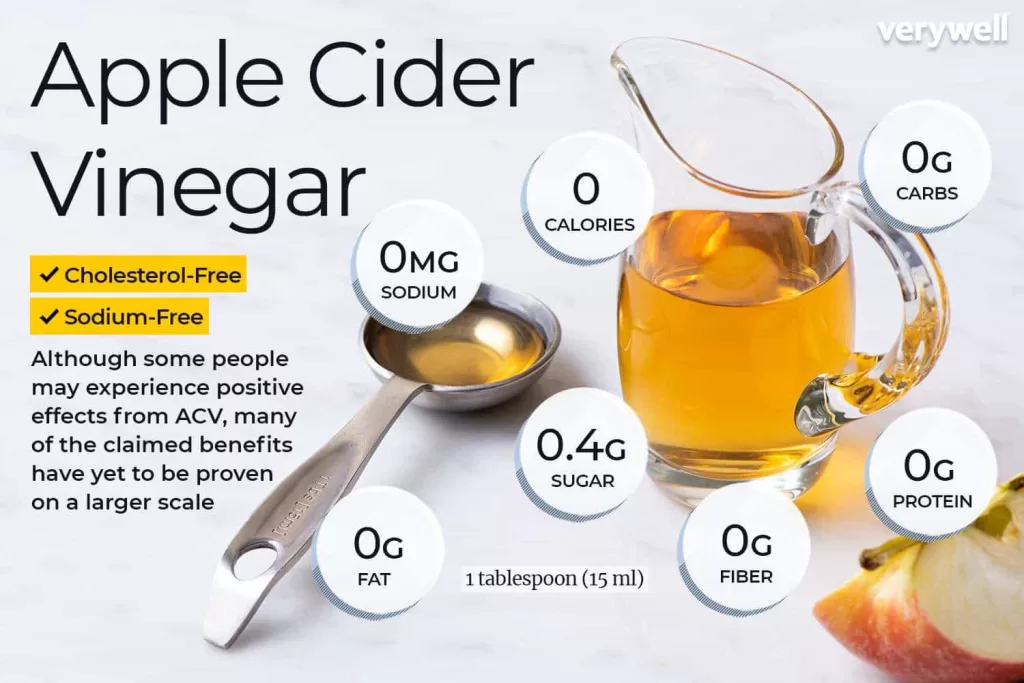
Self-care tips that can help prevent and remedies for swollen gums include:
- Practice tongue brushing.
Practice tongue brushing regularly, at least once a day.
- Eat foods rich in calcium.
Increase your intake of calcium-rich foods, as they can help strengthen your tooth structure.
- Drink water after meals.
Finish your meal with water to swallow any food particles in your mouth.
- Avoid sweet foods.
Because harmful bacteria grow on sugars, avoiding sugary foods is necessary.
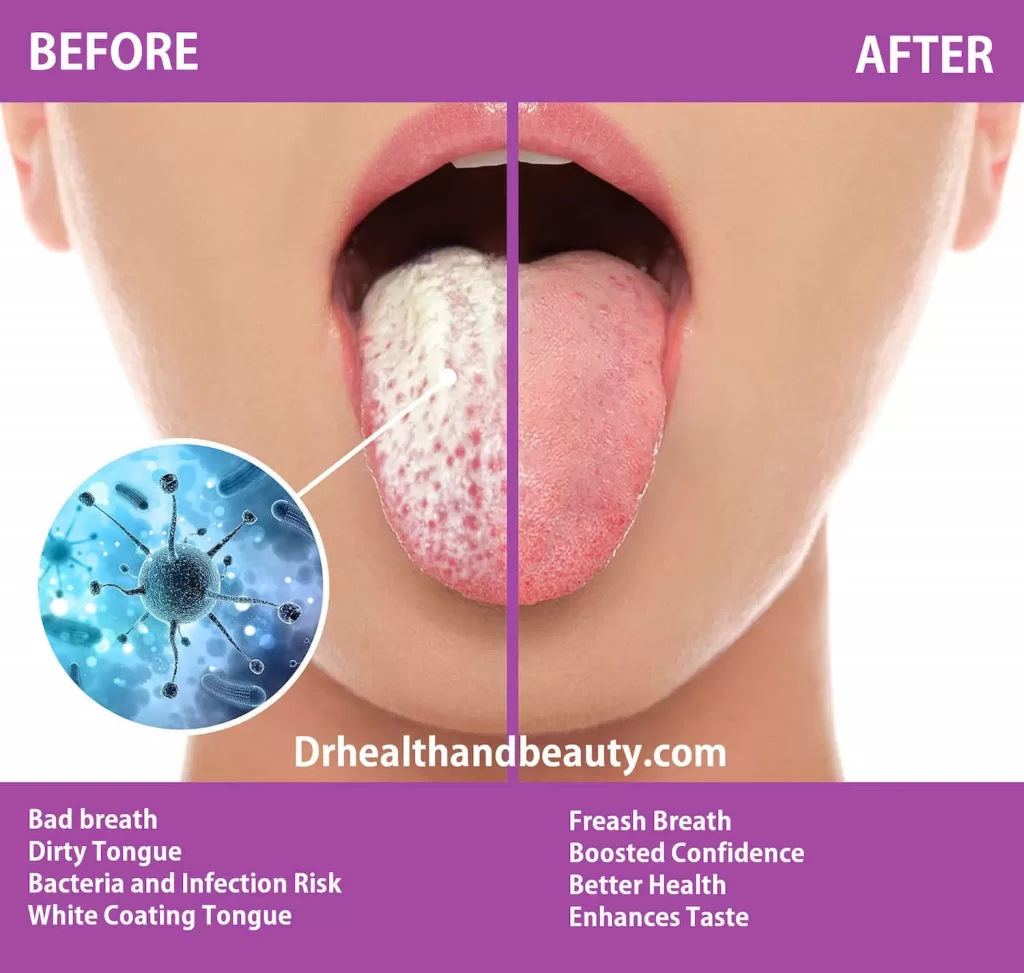
- Avoid using tobacco.
Using tobacco in any form can cause severe damage to your teeth and gums, and you should avoid using it separately.
- Increase your vitamin D intake.
Vitamin D reduces the risk of gum disease. Therefore, you can use vitamin D supplements after consulting your doctor.
- Use fluoride toothpaste.
This toothpaste has significant antibacterial and antiseptic potential. Oral health experts highly recommend using this toothpaste to prevent gum disease and remedies for swollen gums.
- Eat crunchy fruits and cruciferous vegetables.
Chewing on crunchy fruits (apples, carrots, and radishes) and cruciferous vegetables (celery, cabbage, and kale) can help stimulate the salivary glands to produce more saliva and clean your oral cavity naturally.
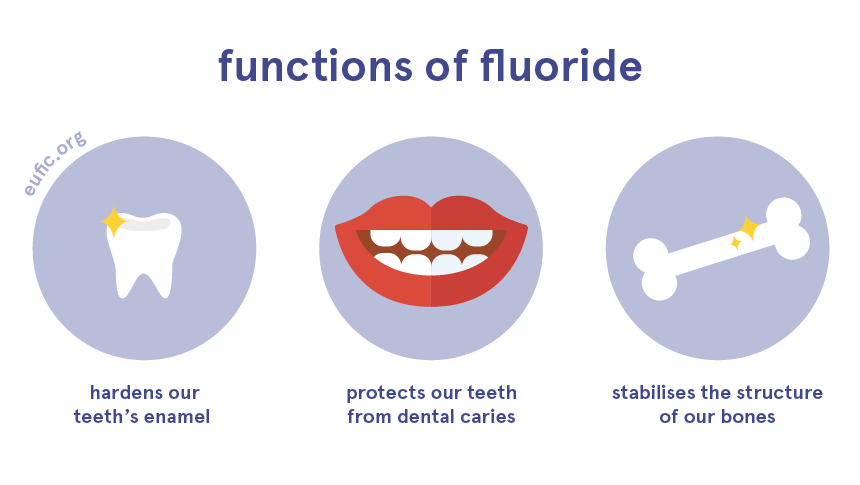
- Throw away your old toothbrush.
Throw away your toothbrush when the bristles start moving and look damaged. Replacing your old toothbrush with a new one every 3 to 4 months is better.
- Increase your vitamin C intake.
Vitamin C is a powerful antioxidant that can help improve your oral and overall health. You can get your dose of this vital nutrient through your diet.
- Use an antibacterial mouthwash.
Add an antibacterial mouthwash such as chlorhexidine to your oral care routine. However, long-term use of chlorhexidine mouthwash may cause stains on the teeth and should only be used by people over 18 years of age.
- Visit your dentist regularly.
See your dentist at least twice yearly for a complete oral cavity evaluation. This regular checkup can alert you to oral problems at the beginning and make early treatment possible.

Conclusion
In the final part of this article of the Health and Beauty magazine by Dr.Sanaz, I must mention again that Gingivitis is a gum disease that usually causes no pain and is often overlooked. Therefore, you must schedule regular checkups with your dentist to detect oral health problems immediately and remedies for swollen gums. Additionally, make sure you follow a proper hygiene regimen to prevent gingivitis.
References”
Share in :
Explore more

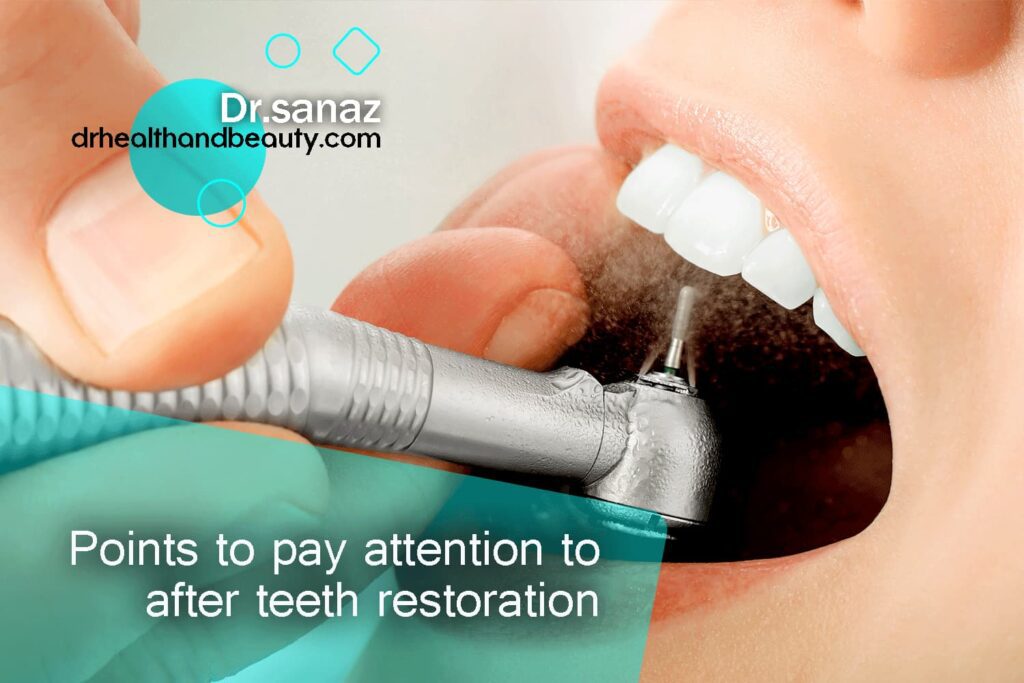
Points To Pay Attention To After Teeth Restoration- Drhealthandbeauty

